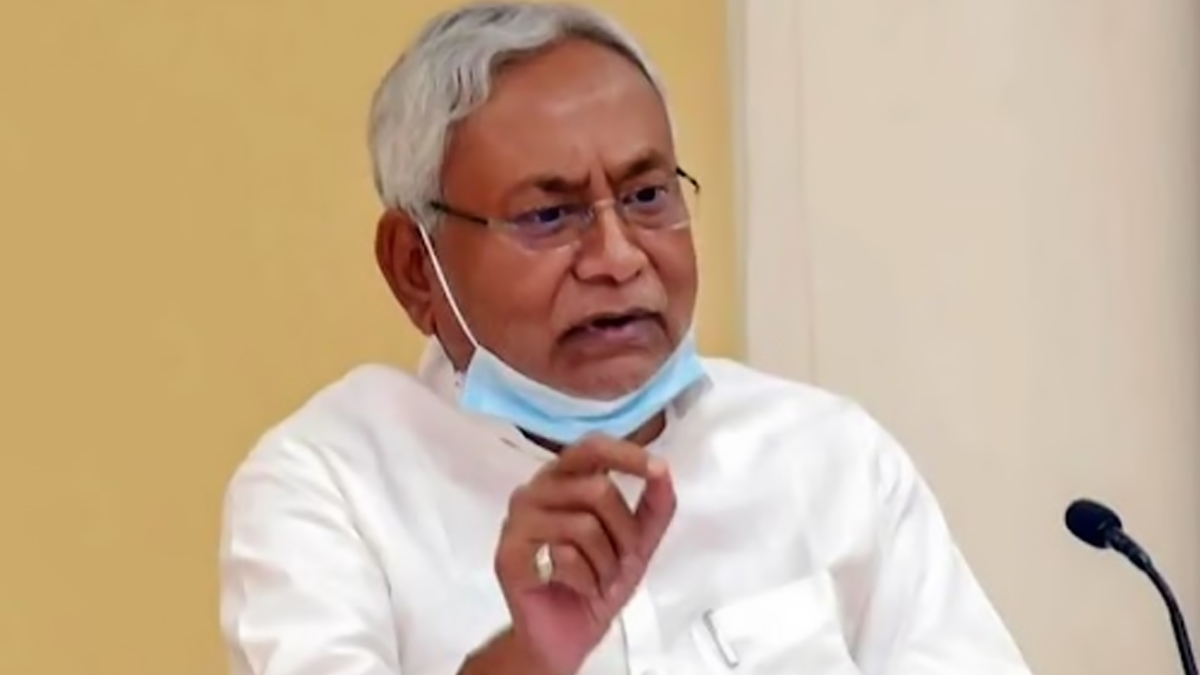Manipur Unrest: CM Nitish Kumar Seeks Security for Bihar People Living in Violence-Hit State
Kumar is concerned over the safety and security of Bihar natives living in Manipur, it said. "He has also asked the chief secretary to make arrangements for the safe return of those (from Bihar) who want to come back to their native places," the statement from the Chief Minister's Office said.

Patna, May 6: Bihar Chief Minister Nitish Kumar has asked the chief secretary to talk to his counterpart in violence-hit Manipur to provide adequate security to people from the state living there.
He also asked the chief secretary to make arrangements for the safe return of those who are willing to come back to their native places in the eastern state. "The chief minister has asked chief secretary Amir Subhani to speak to his counterpart in Manipur so that adequate security can be provided to the people from Bihar living there, following the violence in the north-eastern state," a statement issued by the CMO said on Friday. Manipur Unrest: Centre Airlifts Five RAF Companies Following Violence During Tribal Solidarity Marches, 10 More CRPF Companies To Be Sent Soon.
Kumar is concerned over the safety and security of Bihar natives living in Manipur, it said. "He has also asked the chief secretary to make arrangements for the safe return of those (from Bihar) who want to come back to their native places," the statement from the Chief Minister's Office said. Manipur Violence: Why Are Tribal Communities Protesting? Know Everything About the Tension Between Meities and Kukis in Northeastern State.
Violent clashes broke out between tribals and members of the majority Meitei community in Manipur on Wednesday, displacing thousands of people. The clashes were reported after a 'Tribal Solidarity March' was organised in the ten hill districts of Manipur to protest against the Meitei community's demand for Scheduled Tribe (ST) status.
Meiteis account for about 53 per cent of the state population and live mostly in the Imphal valley. Tribals -- Nagas and Kukis -- constitute another 40 per cent of the population and reside mostly in the hill districts.



